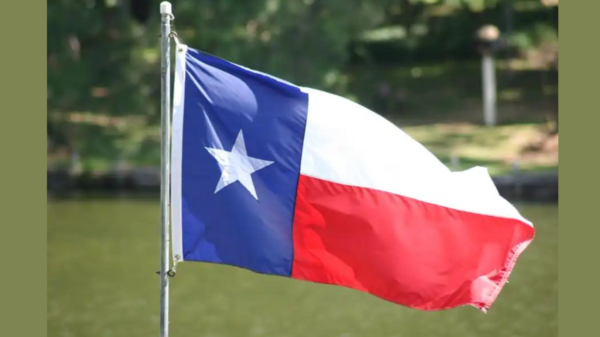
What is your name? To Gordon Allport, one of the founders of personality psychology “the most important anchorage to our self-identity throughout life remains our own name.” Every time your name is spoken, your identity is acknowledged. Names are our cultural identity; your name is a fundamental part of your personal brand. When we feel compelled to compromise our identities for social acceptance, our sense of self is compromised.
The historic, suburban community of Acreage Home, about 10 miles northwest of downtown Houston was once recognized as the South’s largest unincorporated African American community. Developed during the first World War, it was named Acreage Home because the properties were sold by the acre, instead of by the lot. Residents dug their own wells and built modest homes. Although many plots lacked curbs and sidewalks and there were no storm drains (deep ditches lined many of the streets) it was a place where residents could become proud property and homeowners. Sammie Mae Ford, a resident of Acreage Home quoted in the Houston Chronicle, said in the 1920s most of the residents had gardens in their yards and raised chickens and hogs. Ford described Acreage Home as “like it was the country” and “a place where people had to help each other.”
The heavily pine-wooded, affordable land offered low taxes, and neighbors enjoyed plenty of room to grow gardens and raise livestock. Working class families, farmers, skilled laborers, and domestic workers bought the acreage platted for African Americans. Kristen Mack of the Houston Chronicle said that as the designation evolved into Acreage Home it was marketed as “a bit of genteel country with quick and easy access to the city.” Part of the area was annexed as part of the City of Houston in 1967. The remaining portion was absorbed by the city in 1974. Since its founding the community has nurtured artists like hip hop celebrity Slim ug who grew up in Acreage Home. Award-winning actor Loretta Devine, publisher Roy Douglas Malonson and rappers Camillionaire, and Paul Wall are from the area. Mayor Sylvester Turner and nationally renowned educator, Addeus S. Lott Sr. called the neighborhood home.
In rap idiom Acreage Home is nicknamed the “44,” a er the “Acreage Home Limited”, the #44 METRO bus route that traverses Acreage Home. In 2002 Kristen Mack of the Houston Chronicle wrote that the lots of the “comfortable” larger houses were “well-maintained” while the smaller houses, among them many shotgun houses that were owned by absentee landlords were “ramshackle”. In 2008 Lori Rodriguez wrote in Houston.
Chronicle that Acreage Home, along with MacGregor-Riverside Terrace, “barely held on to their historical population base” a gated community had just opened there In 2016 the residents petitioned Houston City Council to protest the new developments of new industrial facilities and townhouses. Still, La Sierra began development in 2017. Investors were skeptical when David Bohorquez built new homes with contemporary facades and open floor plans that started then in the $300,000s Even with the continuing new construction and he y price tags, there remains a perceived stigma attached to Acreage Home. Maybe that’s why there is a push to rename the gentrifying area Highland Heights. e inevitability of urban renewal looms. And history repeats itself. e ird Ward, the center of Houston’s civil rights organizations in the 1960s, is now barely 45% Black.
The Fifth Ward, originally known as Frenchtown, began as a settlement of about 500 Black people of Spanish and French ancestry who brought their traditional Creole music with them. When mixed with blues and jazz, it produced zydeco. In the 1950s over forty Black-owned businesses were situated on Lyons Avenue. Duke Ellington used to play at Club Matinee, the “Cotton Club of the South”. Before the most recent census count the Black population was 56%. Now it is just 48%, and a Family Dollar store occupies the site where the Continental Lounge stood. Longtime members of Acreage Home claim to hold no ill will towards their new, wealthier neighbors whose assets will inevitably cause everyone’s taxes to rise and alter the prevailing ethos, but hope they respect the sacred history and customs that preceded them. And they can’t help but wonder why white folk had to move in for Acreage Home to be “revitalized”.







You must be logged in to post a comment Login